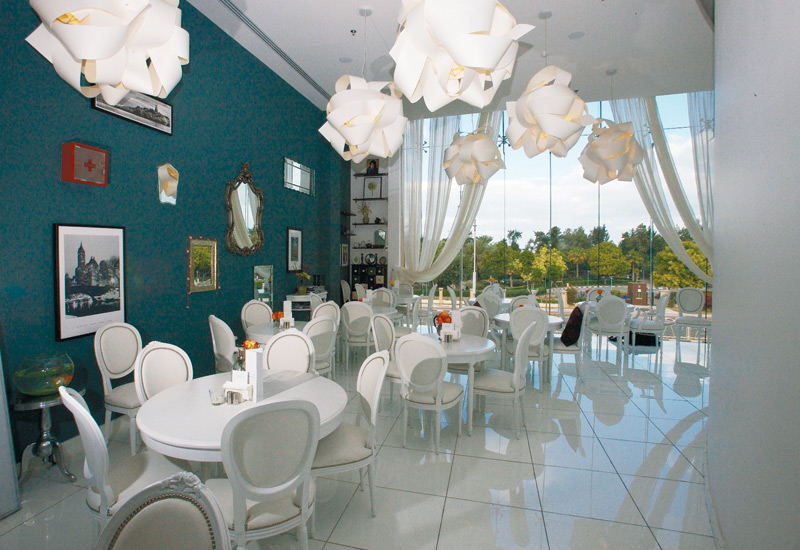“For example our Blind Date cupcake, with dates and cinnamon, is specifically for the local market and you won’t find that with foreign brands.”
Jallad said the brand always customised its recipes for the region.
“We will tweak our recipes to fit with what customers want, which is a big advantage over big brands where recipes or products are shipped in from the US with no option to alter tastes,” she said.
“I know that in Lebanon they’re not into very sweet flavours, but we have been able to adjust to this and tone down the sugar level in the mixture we make there.”
The advantages of home-grown brands seem clear — so why has the market been inundated with foreign brands up to now?
According to Coffee Planet’s Jones, the answer is simple: “It’s easier. A business-in-a-box will always be easier than developing the structures and process for the entire business mode.
“But we set out to develop a brand in-country and export it out, going against the grain. Now Coffee Planet is currently rolling out in Oman and there is serious interest from over 30 other countries around the world,” he revealed.
Zaater w Zeit’s Harb said it also came down to investors. “Well-known brands have passed through several development levels and reached a maturity stage were they can provide the investors more profitable business,” he pointed out.

| Advertisement |
Circle co-founder Rama Dabbous Mamlouk agreed: “They probably think that an established brand is a safer investment.”
But with consumers becoming increasingly demanding about what they want from an F&B experience — namely something unique, with good quality and value — the times are changing.
“I feel that all home-grown brands can have a successful future, providing they are delivering what the consumer wants, to the quality that they deserve, for a price they are happy to pay,” said Coffee Planet’s Jones.
“[We are] not a niche brand, but we’ve taken a tried-and-tested model which we feel has become stale and turned it on its head, giving the customer a new experience and ensuring that we are not simply another Starbucks in different colours, like so many other coffee brands out there.”
Zaater w Zeit’s Harb added: “With increasing demand for Middle Eastern food, because it’s so healthy and free of complications, I personally see great potential for the expansion of Middle East brands.”
Circle co-founder Mira Lozi Naimi said she felt confident from her own experience that home-grown concepts were on the rise.
“The feedback we get from our customers is so positive — they all like the fact that we are bringing a personal touch to Dubai”s food scene,” she explained.









 Search our database of more than 2,700 industry companies
Search our database of more than 2,700 industry companies









